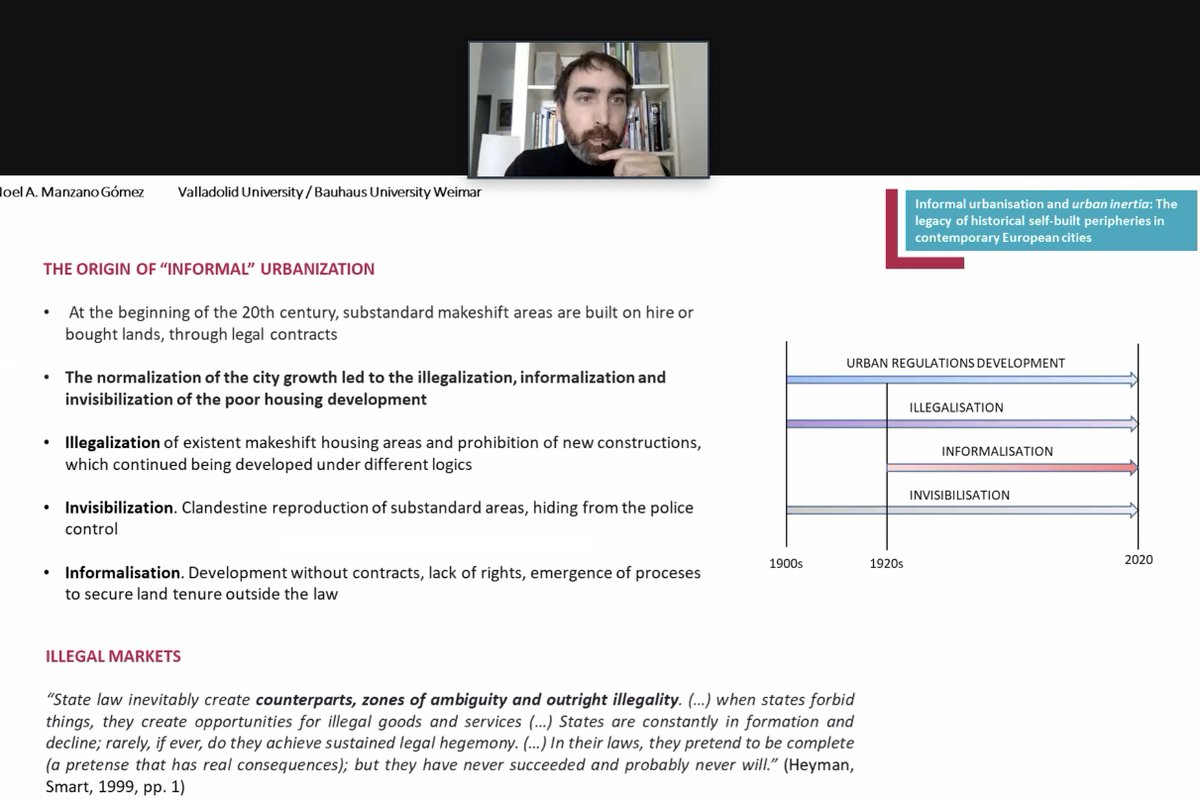
Trubina:
Would the concept of stigmatisation be helpful for you project?
Would the concept of stigmatisation be helpful for you project?
Stiegler:
I have never used stigma as a concept in my work, but perhaps good to think about...
I have never used stigma as a concept in my work, but perhaps good to think about...
Trubina:
How about the strategies that people use for coping with their situations?
How about the strategies that people use for coping with their situations?
Stiegler:
Indeed, people are very aware of their situation, they are aware how the police, for example, view and treat them. So they try to create awareness. A mother's group has formed that tries to push back against this.
Indeed, people are very aware of their situation, they are aware how the police, for example, view and treat them. So they try to create awareness. A mother's group has formed that tries to push back against this.
Stiegler:
This is not to romanticise such groups. The coping strategies are many and varied and perhaps too nuanced to paint with a broad brush of 'resistance'
This is not to romanticise such groups. The coping strategies are many and varied and perhaps too nuanced to paint with a broad brush of 'resistance'
Trubina:
I'm not sure your emphasis on narratives in online situations can get to the reality of the situation. Not to mention the various types of narratives, which can constrain or discipline constructed/realities
I'm not sure your emphasis on narratives in online situations can get to the reality of the situation. Not to mention the various types of narratives, which can constrain or discipline constructed/realities
Trubina:
The pandemic has also generated policies that affect greatly the people you work with, and connecting with them online is actually an important thing here
The pandemic has also generated policies that affect greatly the people you work with, and connecting with them online is actually an important thing here
Stiegler:
Indeed, I'm struggling with how to reconcile the digital and the urban, and that is my next step in this research process
Indeed, I'm struggling with how to reconcile the digital and the urban, and that is my next step in this research process
Q from the floor:
Thanks for your presentation. I was wondering how you reflect unequal access to technology in digital urban ethnographic research?
Thanks for your presentation. I was wondering how you reflect unequal access to technology in digital urban ethnographic research?
Stiegler:
With our methodological choices we always include/exclude some. So it's always important in to be aware of who is being excluded/included
With our methodological choices we always include/exclude some. So it's always important in to be aware of who is being excluded/included
Stiegler:
At first I wanted to do photo diaries with people, but that was not possible. I have begun to look at online conversations, which is only a small part though, and access is a really salient point that is and will remain part of this journey
At first I wanted to do photo diaries with people, but that was not possible. I have begun to look at online conversations, which is only a small part though, and access is a really salient point that is and will remain part of this journey
Q from floor: could you clarify why you say that the favela is not urban/ised? Whose work do you draw on this?
Stiegler:
I should be more clear that when I talk about favela here I mean from the public image or perspective that views them as such. Because the urban is rooted in 'Western' ideas of it, policy/theory cannot fully grasp the situations in the South
I should be more clear that when I talk about favela here I mean from the public image or perspective that views them as such. Because the urban is rooted in 'Western' ideas of it, policy/theory cannot fully grasp the situations in the South
@threadreaderapp unroll
• • •
Missing some Tweet in this thread? You can try to
force a refresh



























